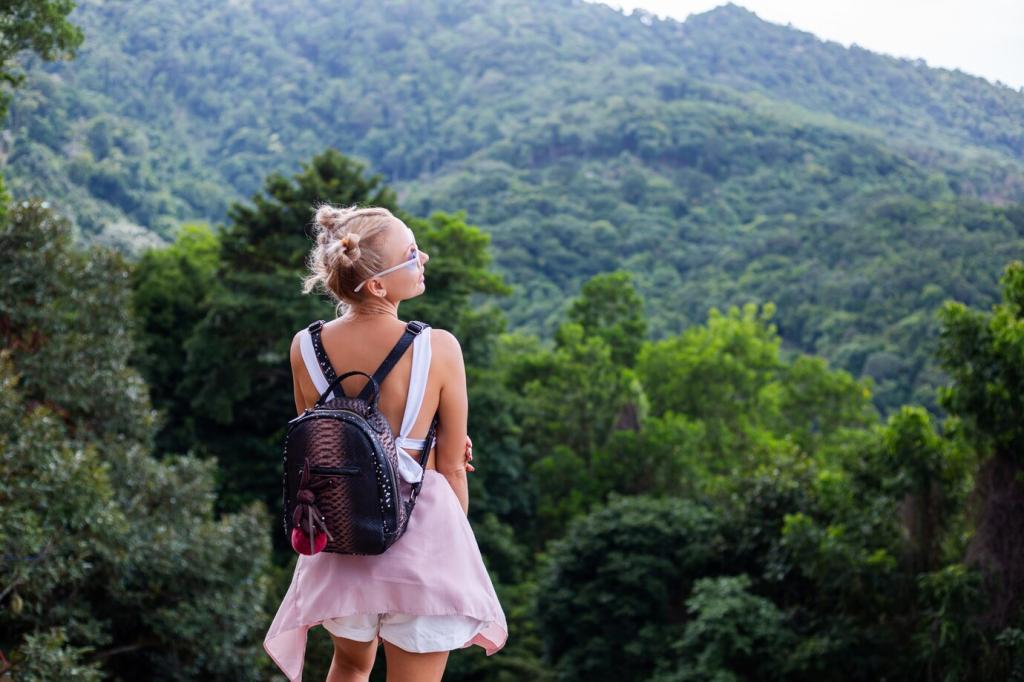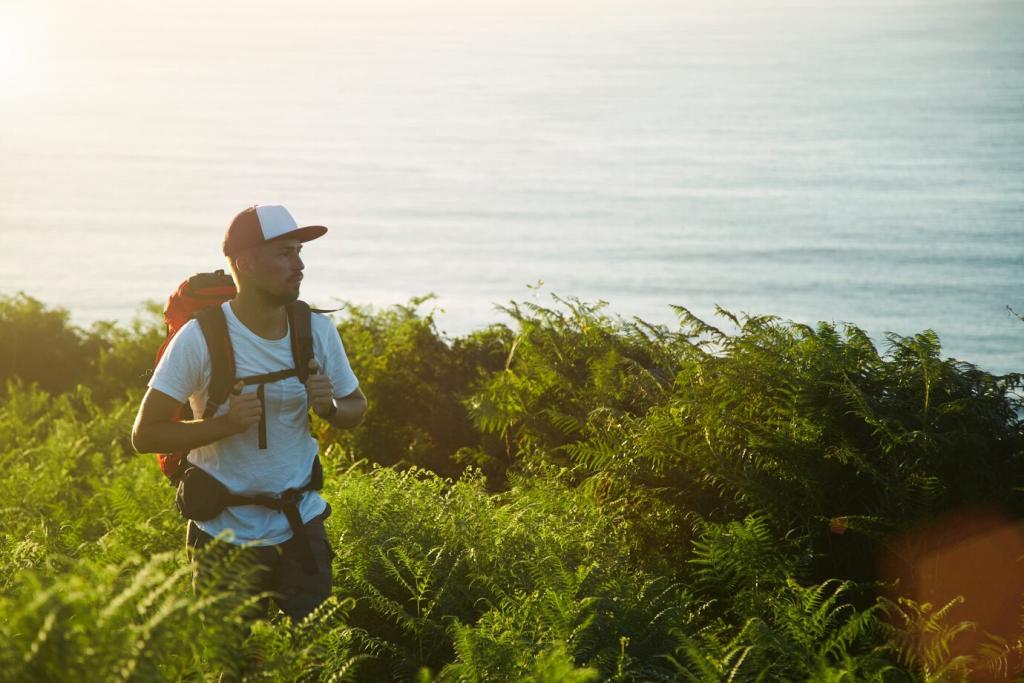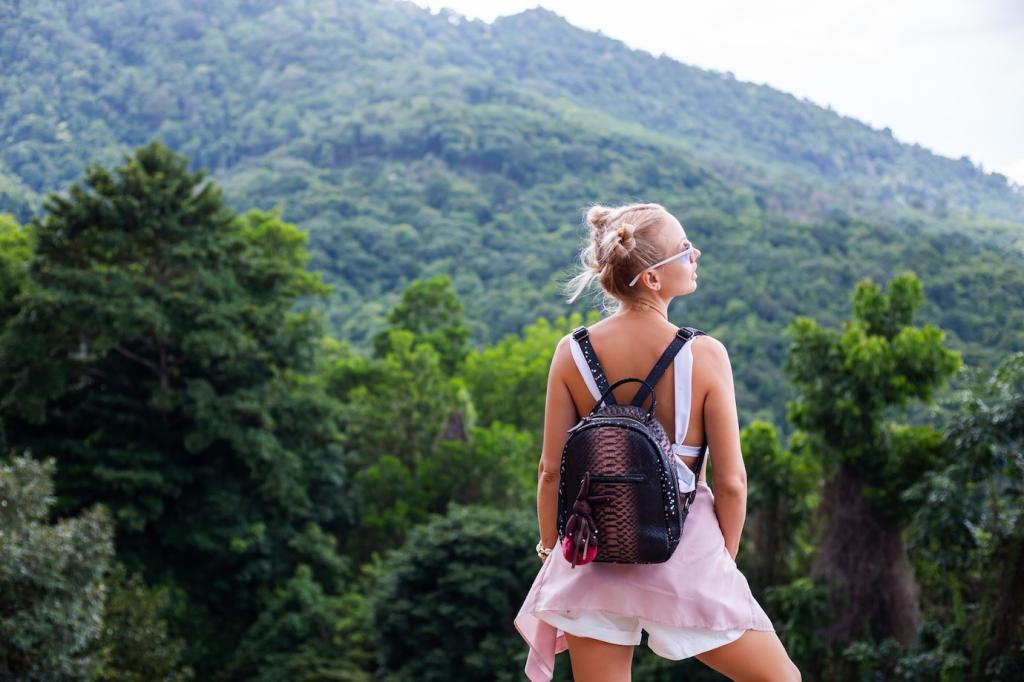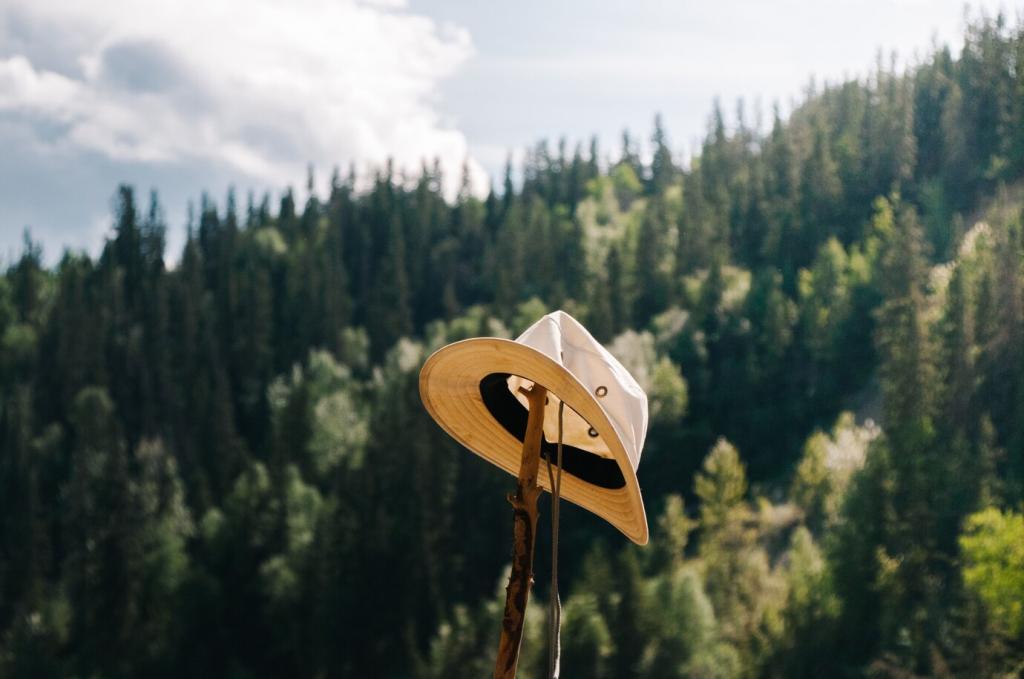Tech, Science, and You
Log birds on eBird, track marine mammals with Happywhale, or submit reef data to Reef Check. Ask guides when and how to contribute responsibly. Share your favorite platforms and the most surprising data point you helped record.
Tech, Science, and You
Unique scars, flukes, and spot patterns help identify individuals. Upload responsibly framed photos to trusted databases, credit the location generally, and follow data guidelines. Tell us which species you’ve helped identify and what you learned during the process.








